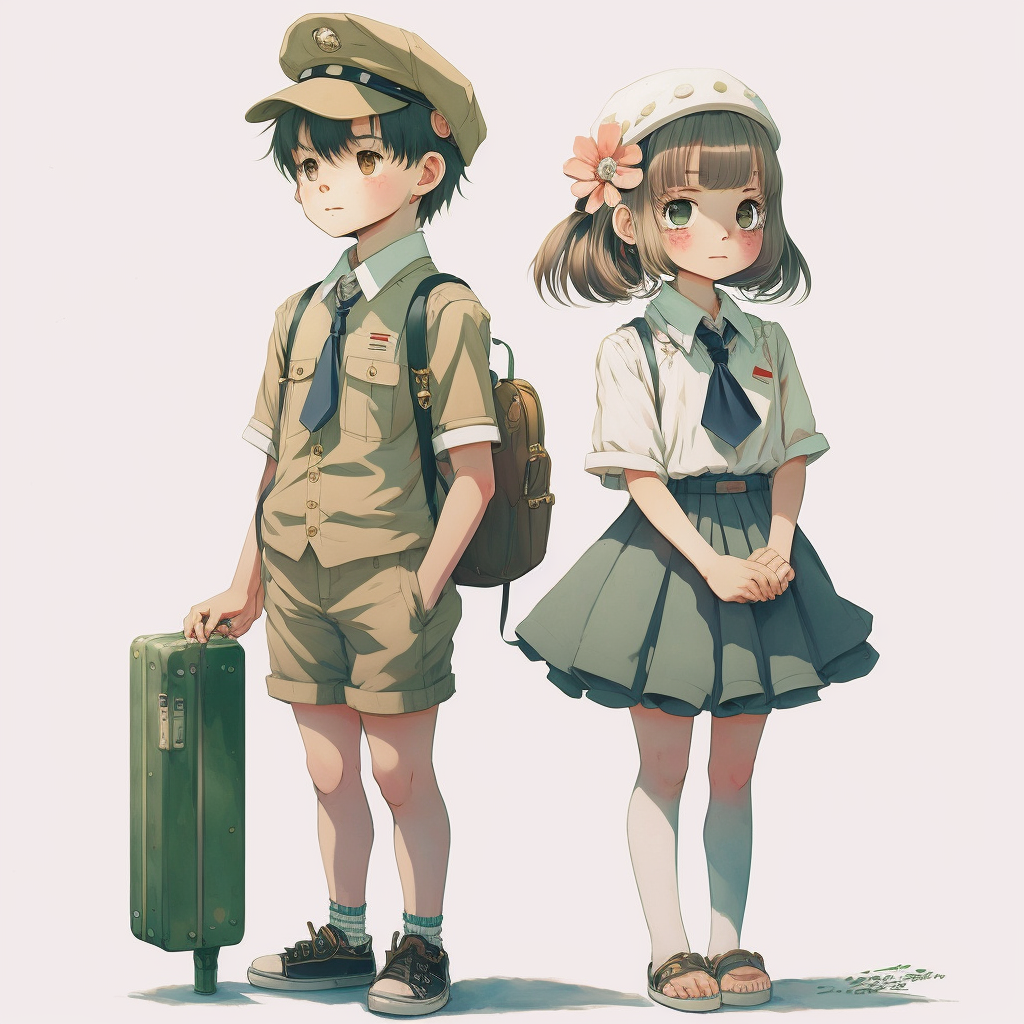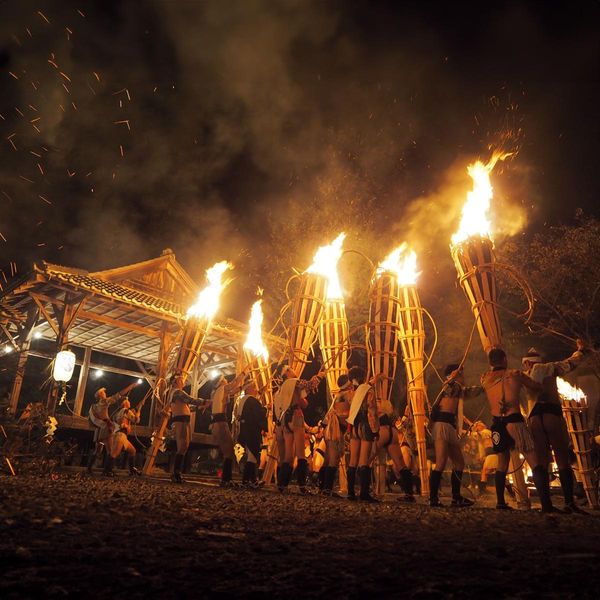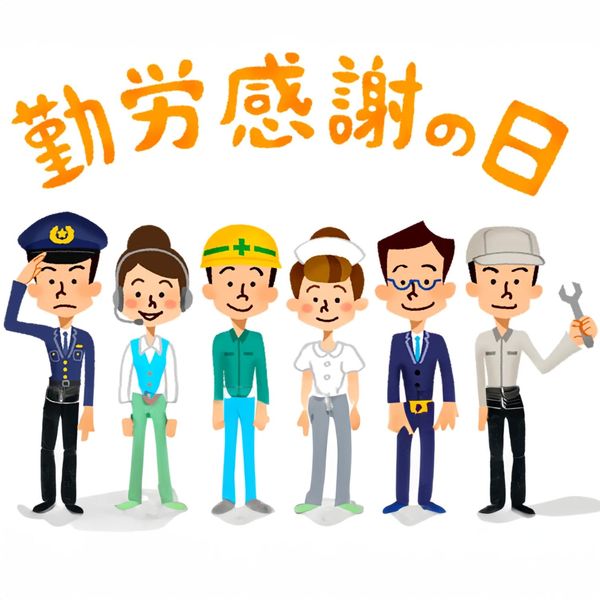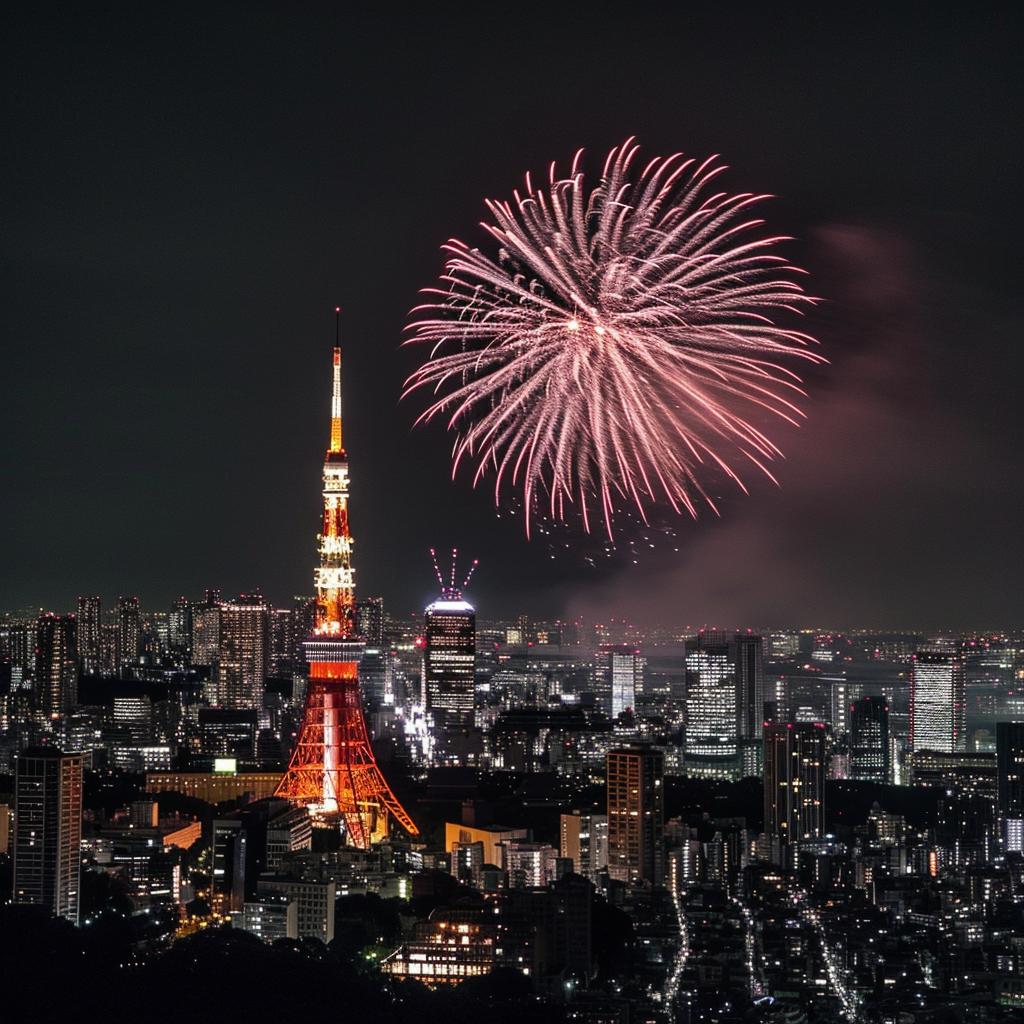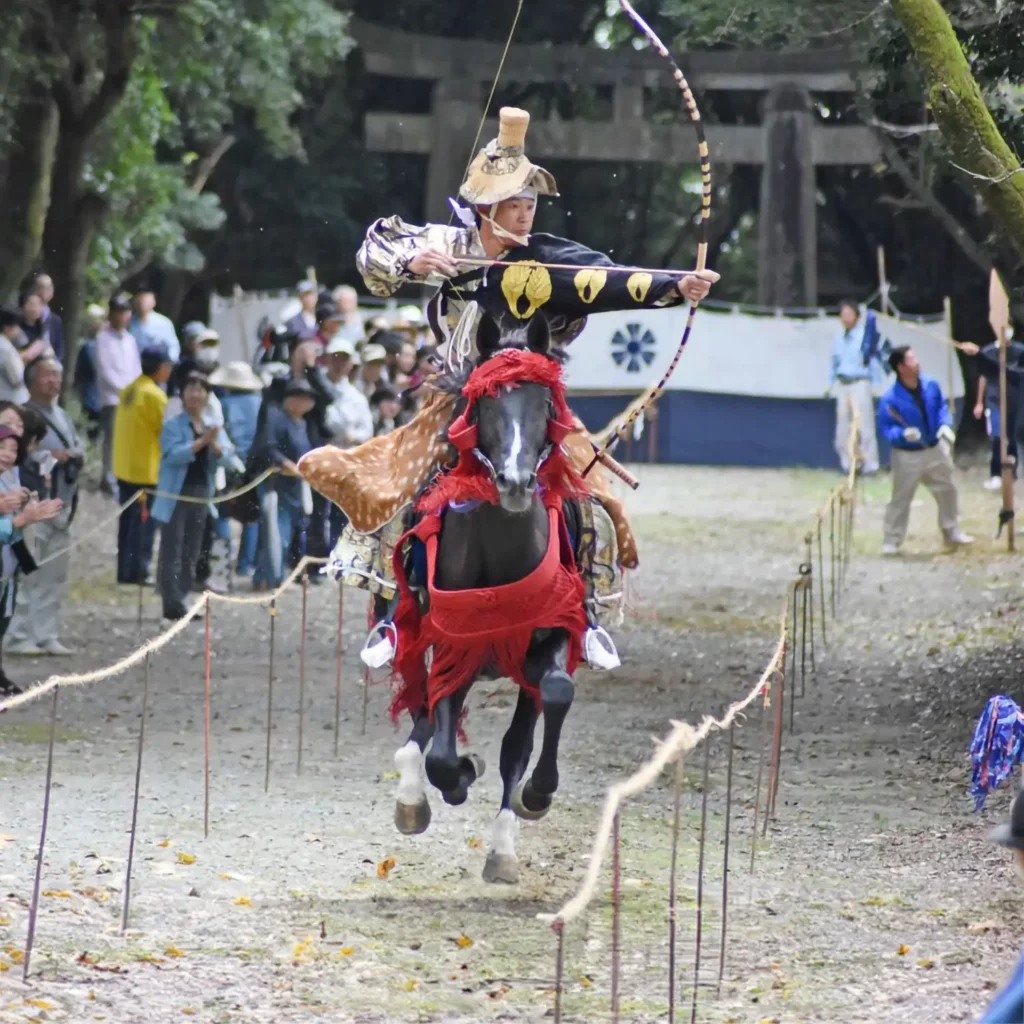Koromogae (衣替え) is a traditional Japanese custom that marks the transition from the hot season to the cold season. Taking place at the end of summer, this event involves changing your wardrobe to adapt to the new temperatures.
Origins and Meaning
The term Koromogae comes from the Japanese phrase “Koromo ga Yoku Naru”, which translates to “Clothes become comfortable”. This expression reflects the practice of exchanging light summer clothing for warmer, more comfortable autumn clothing. The origins of this tradition date back to the Heian period (784-1185). During this period, this tradition took place in April, May, August, September and October. However, from the Edo period (1603-1867), the number of these wardrobe changes was reduced to two per year. There were some in April and October.
Celebrations and Rituals
Koromogae is not only a change of clothes, it is also a major cultural event. The Japanese celebrate this occasion with various festivals and ceremonies. Offerings of food and drink are made to the nature gods. They symbolize gratitude and request for protection for the new season. It’s a time for renewal and wardrobe adjustment. This practice has remained a central part of Japanese culture to this day.
Influence in Institutions
Koromogae is particularly notable in Japanese schools, businesses and administrations, where it marks the change of uniforms. The Japanese replace winter uniforms with summer ones on June 1st. And the reverse process takes place on October 1st. However, these dates may vary depending on regions and local weather conditions. For example, Hokkaido, with its colder climate, may adjust Koromogae dates differently than Kyushu, which enjoys a milder climate.
Modern Koromogae
Today, Koromogae continues to be an important practice in Japan. Employees, often called salarymen, adapt their outfits. They switch from long-sleeved shirts to short-sleeved shirts and vice versa, depending on the season. Although Koromogae is always observed, dates and practices may be adjusted based on current weather conditions. This reflects the adaptability of this ancestral tradition to contemporary realities.
Conclusion
Koromogae is much more than just a change of clothes. It is an event deeply rooted in Japanese culture, symbolizing the passage of seasons and harmonious adaptation to natural cycles. This tradition continues to connect the Japanese to their historical heritage while remaining relevant in modern daily life.
For those looking to immerse themselves in Japanese culture and fully enjoy summer, discover our Japanese yukata. They are ideal for staying comfortable during the hot season. On sale here.

